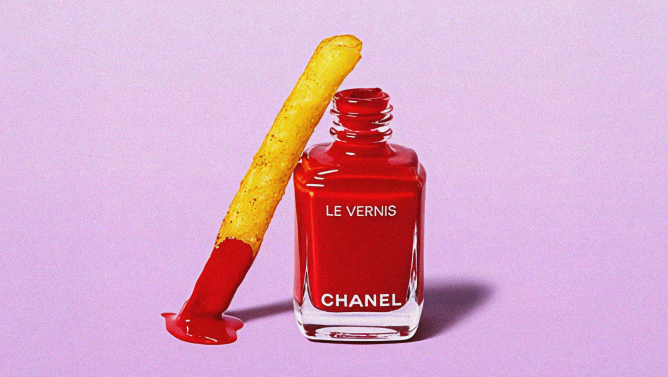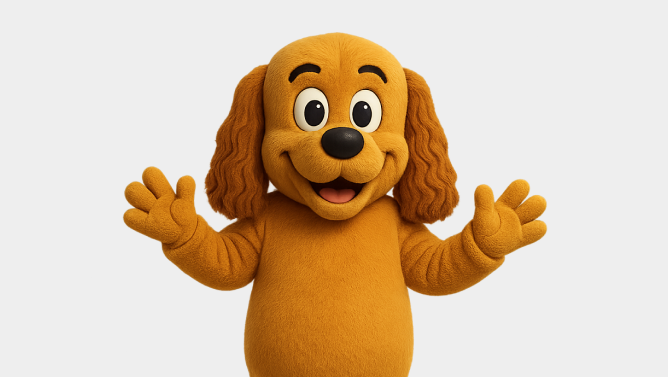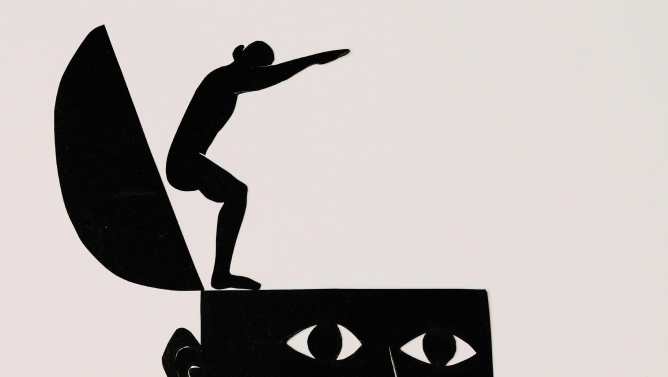The Duolingo Owl is dead. The news was announced by Duolingo on social media, and it has already made headlines in online publications around the globe. Let’s see why Duo was killed in this marketing investigation.
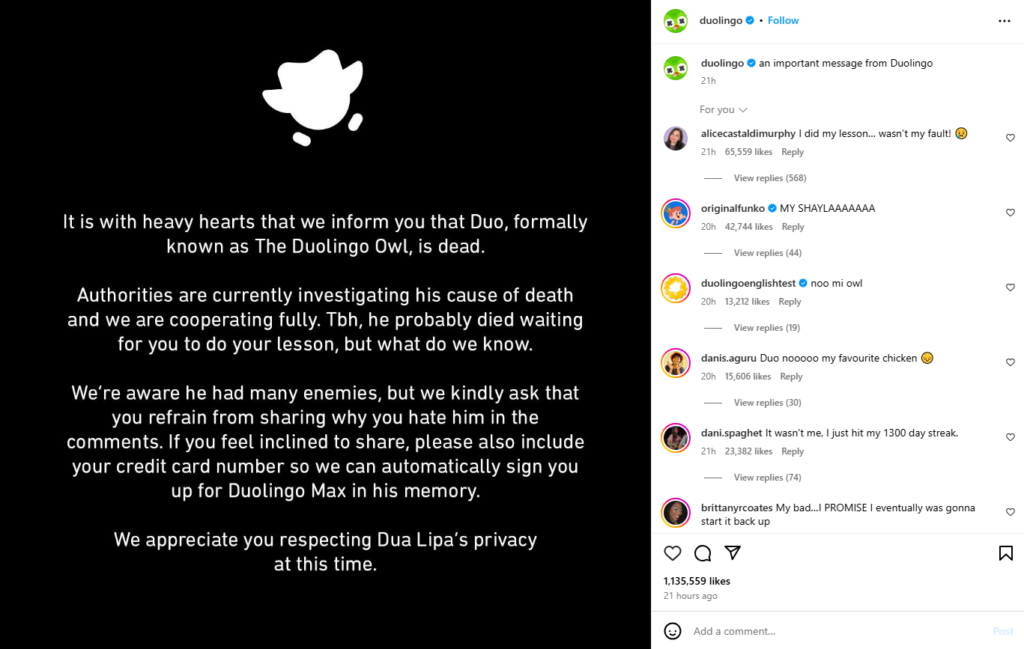
First things first, we have to point out that the Duolingo Owl wasn’t just a brand mascot—it was a scary bird that every user of the app feared. It would get mad at anyone who missed their lesson, and over the years, it became a popular meme.
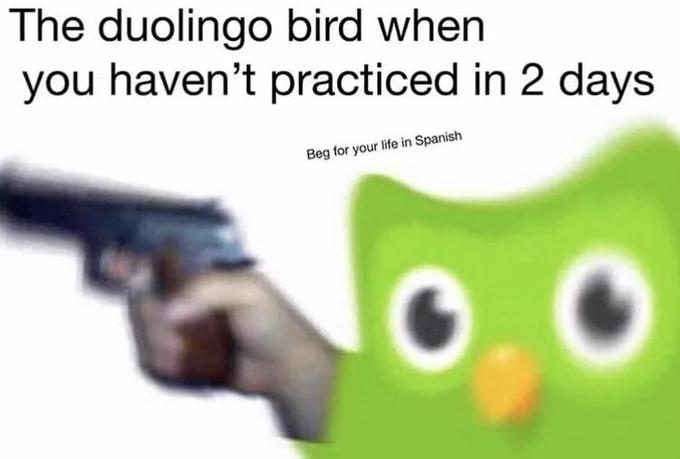
The owl was heavily used by Duolingo’s marketing team in very creative and unusual ways, especially to generate organic traffic on search engines and social media.
One of their latest stunts was making the app icon look sick or disgusting. Users were used to seeing a smiling Duo on their phone screens, but suddenly, without any explanation, the owl’s beak was dripping, its eyes were red, and its sweaty face looked like it was going through a feverish episode. Of course, users got worried. And then, the question everyone was thinking started trending on Google: “Why does my Duolingo app look sick?”
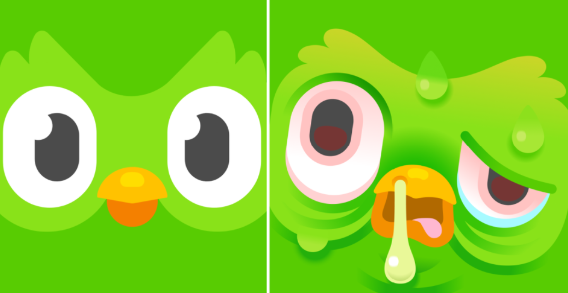
The interesting part was that some users were sick then, making them even more intrigued by this unexpected update. But in the end, conspiracy theories aside, it was just a marketing strategy that worked incredibly well. Everyone googled Duolingo, there were countless posts about it on X and Instagram, and the brand’s visibility skyrocketed overnight, turning into a viral discussion topic and meme.
The team’s response was also funny. “Duo is quite literally sick of reminding everyone to do their lessons,” a Duolingo spokesperson said in an email.
Shortly after, Duo regained its strength and got better. So, is this the same story with its “death”? Should we expect a revival in a few days?
Maybe not. There are many theories surrounding this shocking news. One of the most obvious is that the company has a major announcement to make and wants to draw attention to the brand. The social media posts even led some to believe that a collaboration with Duo’s favorite artist, Dua Lipa, could be involved in the works.
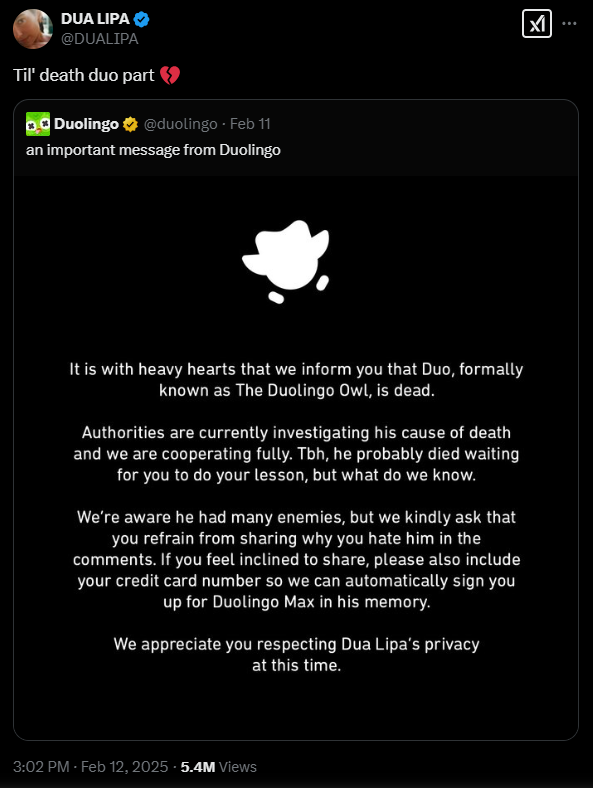
But there’s an even more intriguing theory: the Dead Internet Theory. This idea suggests that the vast majority of internet traffic, posts, and users have been replaced by bots and AI-generated content, meaning people no longer shape the direction of the internet.
Social media used to be a place where everyone shared their interests, but now it feels more like a marketplace. The problem is that brands have started acting like people online because it drives engagement—but at the same time, it ruins the vibes.
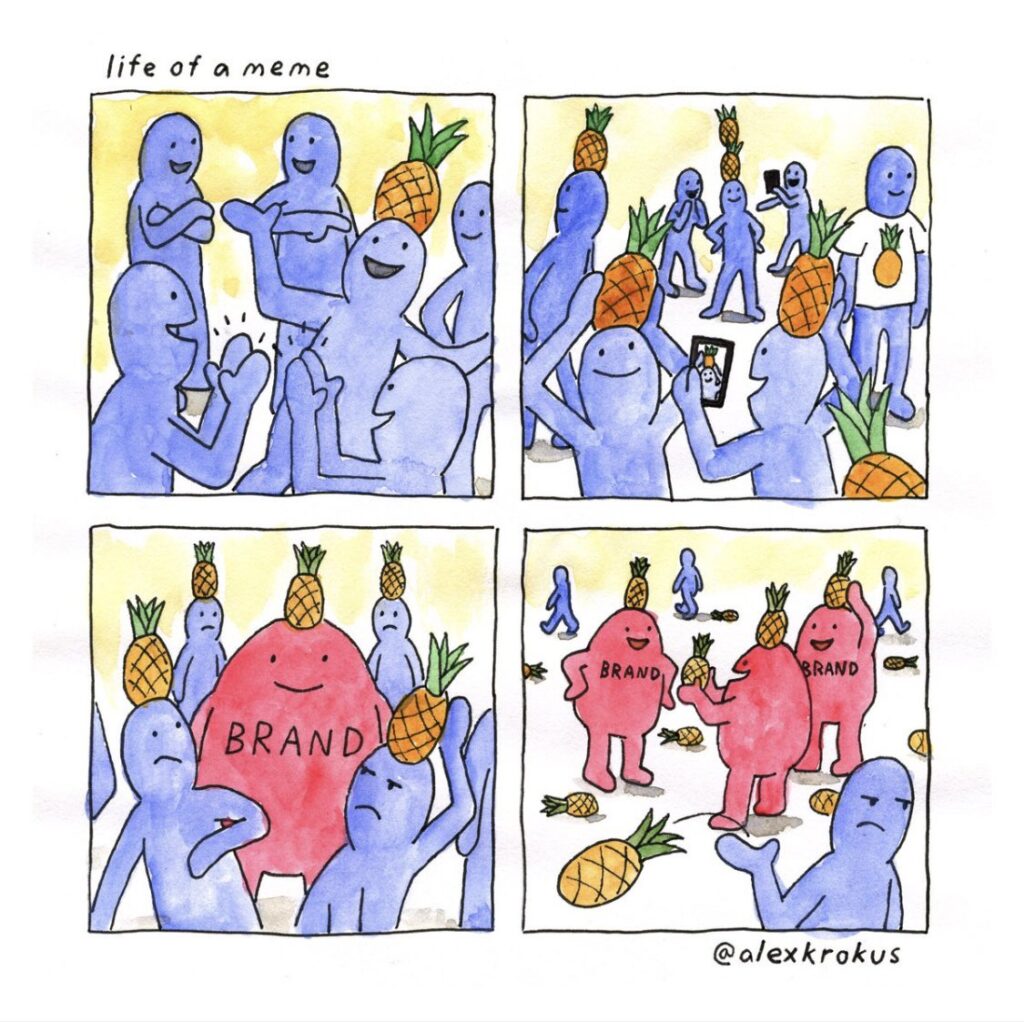
And that’s why Duo’s “death” is interesting. Brands seem more eager to post about it than actual users of the app—and that feels a little shady.

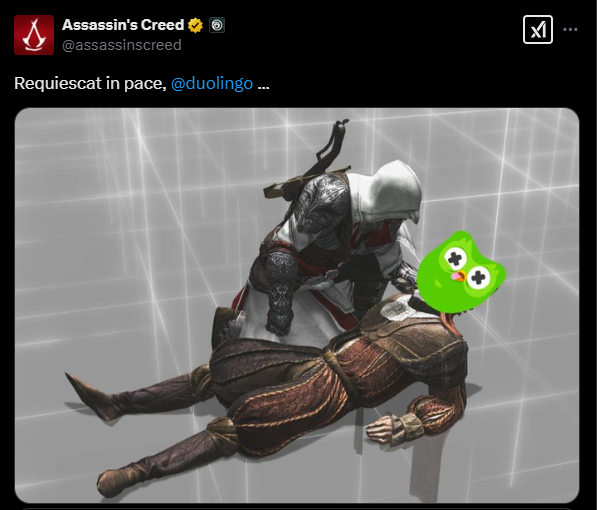

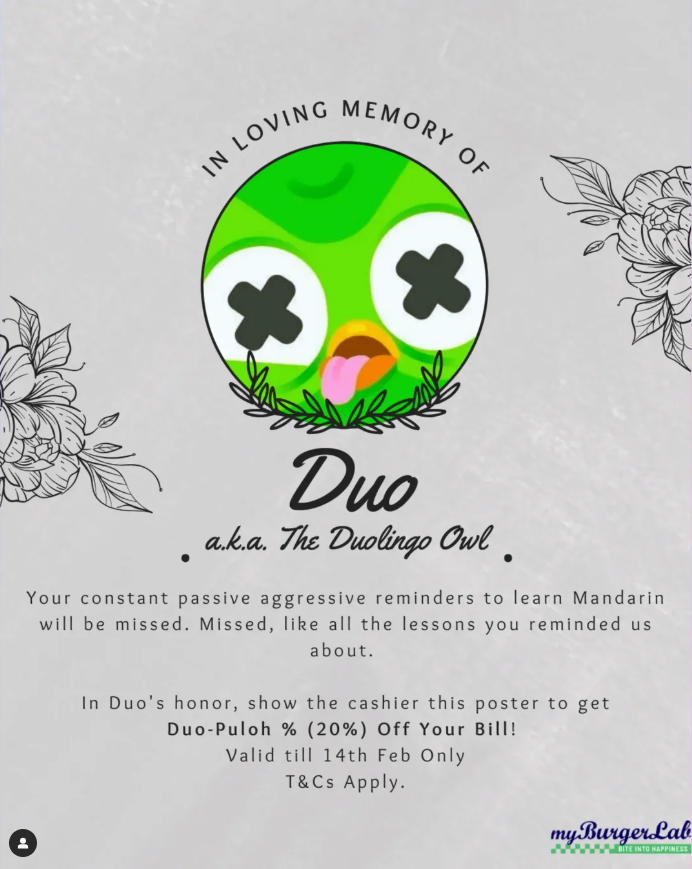
The difference with the Duolingo Owl’s “death” is that brands dominated the conversation before the public even had a chance to engage, making it feel more like a corporate-driven trend than an organic moment of sharing. This reflects elements of the Dead Internet Theory, where bots and brands shape online discourse more than real people. In fact, a viral idea about Duo’s death focused on Duolingo’s AI-driven layoffs. Duolingo’s marketing move was undeniably successful, generating massive visibility—it got us talking about it, as you can tell—but it also highlights a broader shift in the internet, where real human interaction is being overshadowed by corporate influence.
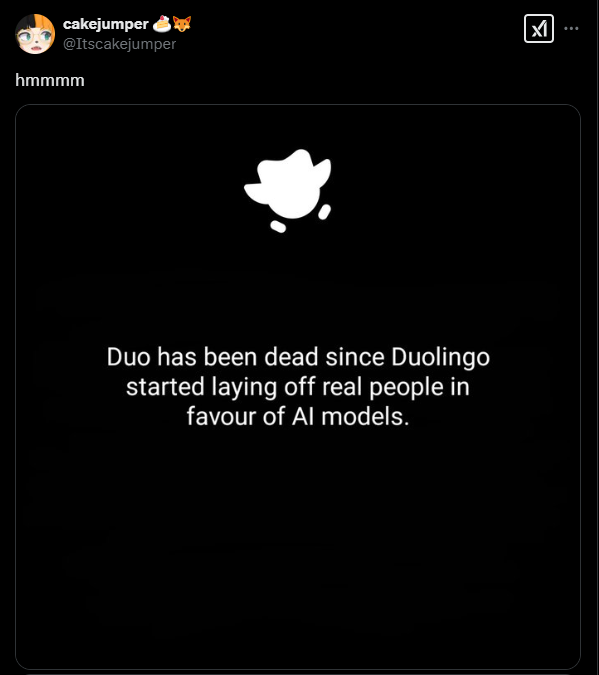
Let us know what you think Duolingo’s next move will be. We’re excited to see how marketing continues to evolve and find new ways to capture attention. Because if you think about how much money brands spent on Super Bowl ads Sunday night—how many of them went as viral as this little Duolingo stunt?
Spoiler: none.
Tell us what you think by leaving a message.
